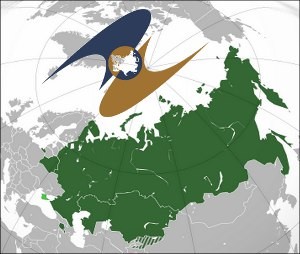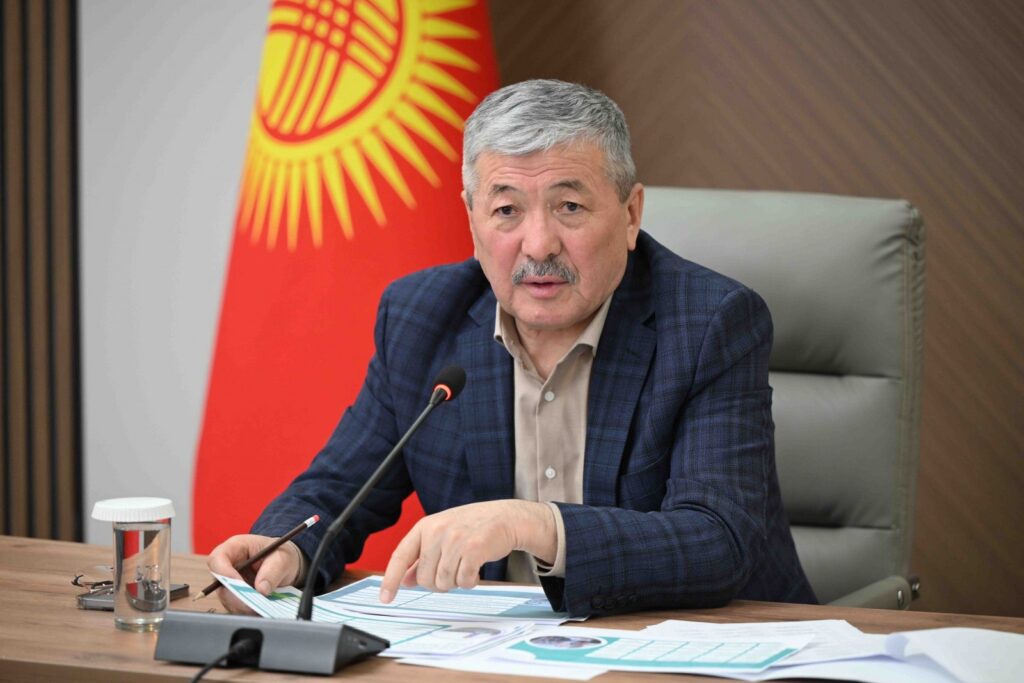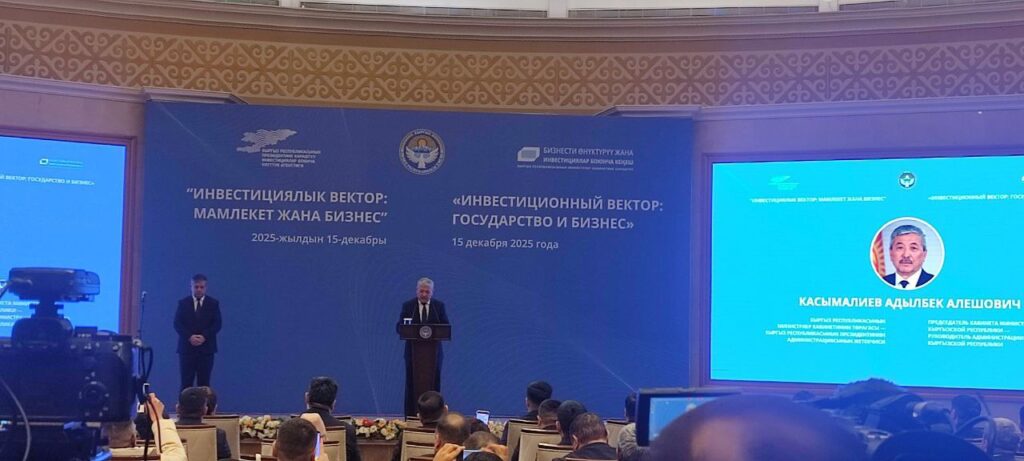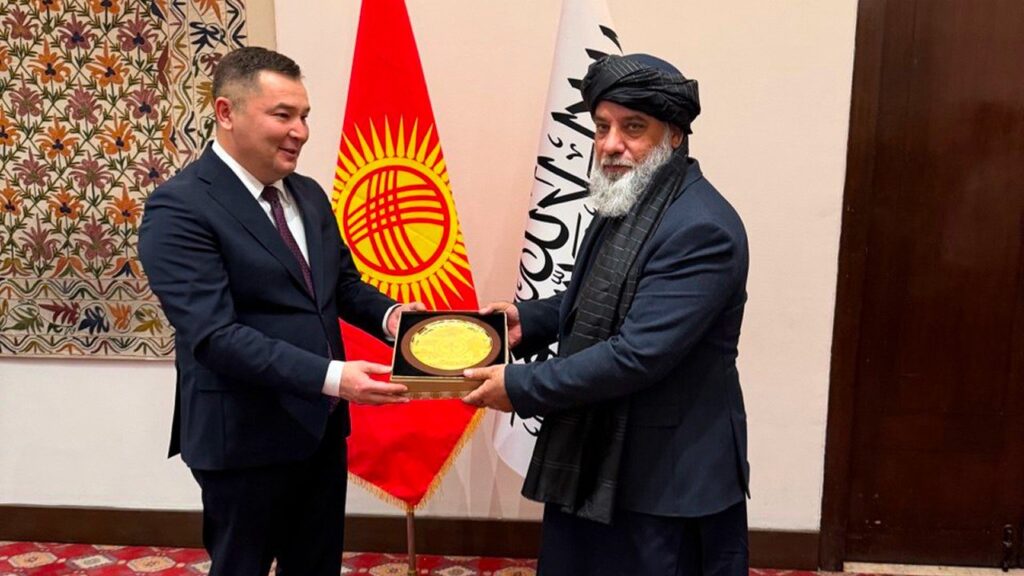BISHKEK (TCA) — Heads of Kyrgyzstan’s ministries and departments spoke about the advantages that can help attract foreign investors to the country at the Issyk-Kul 2017 economic forum held in Cholpon-Ata at Lake Issyk-Kul late in August.
First Deputy Prime Minister of Russia Igor Shuvalov, Chairman of the Eurasian Economic Commission Tigran Sargsyan, as well as top government representatives from the Eurasian Economic Union member states and third countries, companies from China, Russia, Singapore and Kazakhstan discussed key economic issues of Kyrgyzstan and its partners.
The participants considered the results of Kyrgyzstan’s two-year membership of the Eurasian Economic Union (EEU). Joining the EEU opened new prospects for the country, Kyrgyz officials said. Barriers to the movement of goods, services and capital to the markets of the four other EEU member countries (Armenia, Belarus, Kazakhstan, and Russia) with a population of over 180 million have been lifted.
The economic integration allows expanding the borders of national economies, but at the same time the removal of barriers faced by the participating countries was sometimes delayed, the forum participants said. Many gaps remained after the signing of the agreement on the EEU establishment, Shuvalov said. “Very difficult work is underway to identify obstacles in mutual trade,” he added.
Focusing on the EEU, Kyrgyzstan should not forget about other integration associations, primarily China’s One Belt, One Road initiative, which includes creating the Silk Road Economic Belt and the Sea Silk Road of the XXI century. These initiatives envisage broad cooperation between China and the countries of the Eurasian and Asian-Pacific regions, mainly in the transportation and infrastructure spheres.
Conditions for investment
Due to the EEU membership, barriers that existed before, mainly in customs tariffs and procedures, are now removed. Joining a unified system of technical regulation allows local businesses to become part of the large EEU market, Kyrgyzstan’s officials told the forum participants.
The year 2016 was difficult for Kyrgyzstan, as its EEU partners were affected by external shocks, which led to a slowdown in economic growth. Reaching a record high over 25 years since independence, Kyrgyzstan’s public debt amounted to $4.92 billion in 2016, of which $3.78 billion was external debt. Trade with the EEU countries decreased by 16.7%.
In 2017, the results are more positive, and GDP growth is about 7% so far. Mutual EEU trade is growing, exports and remittances from labor migrants are increasing.
Kyrgyzstan’s another important advantage is that it is the only country in Central Asia which enjoys the Generalized System of Preferences (GSP+) granted by the European Union.
It means that six thousand products produced in the country are exempt from customs duties in the markets of the European Union, and this makes them competitive because of the low price. This advantage is beneficial for both foreign investors and partners of Kyrgyzstan who do not have this status, since it will allow them to produce products in Kyrgyzstan and sell them in the EU countries on competitive terms.
The country has a liberal tax regime with a 10% income tax and 12% VAT, which is lower than in neighboring countries.
To develop tourism and attract investment, the investment legislation was changed and a visa-free regime for citizens of 61 countries was introduced.
EEC’s areas of activities
As part of the forum, the session of the Eurasian Economic Commission (EEC), the EEU’s permanent regulatory body, considered issues of trade, economy and finance, foreign economic policy, customs regulation, energy sector, and information and communication technologies.
EEC Chairman Sargsyan told the forum about the EEC’s main areas of activities.
The EEC aims to increase the GDP per capita in the EEU member states (currently the difference is up to 9.5-fold) and to improve the activity of common markets. “There is a program for overcoming obstacles. We have revealed 60 barriers and are discussing a roadmap to lift them,” he said.
The next goal is digitalization of the EEU common space for economic growth and increasing competitiveness.
The EEC also plans to improve logistics and household connections, which is important for labor migration in the EEU area.
Trade and economic relations with non-EEU member countries will be expanded.
Kazakhstan’s support
Trade between Kazakhstan and Kyrgyzstan has increased by more than 30% since the beginning of the year and reached almost $1 billion, First Deputy Prime Minister of Kazakhstan Askar Mamin said. “Taking into account the removal of barriers, we can double this amount,” he added.
About 400 companies with Kazakh capital are present in Kyrgyzstan.
During the forum, the governments of Kyrgyzstan and Kazakhstan signed a document on activities as part of Kazakhstan’s technical assistance to Kyrgyzstan. Earlier, an agreement was reached according to which Kazakhstan will provide a $100 million grant as technical assistance for the adaptation of Kyrgyzstan to the EEU conditions.
The grant will be allocated in two tranches – $41 million and $59 million. There is already a decision on the transfer of the first tranche.
Free trade zone
The Russian First Deputy Prime Minister spoke about concluding free trade zone agreements.
The EEC has developed an agreement with Vietnam, and there are opportunities for production cooperation in Vietnam. This is the new format of the EEU agreements, Shuvalov said. The EEC is also negotiating with Iran, an important trading partner with a large market. The EEC is negotiating an agreement with Singapore and China on the Eurasian economic partnership. Small and medium-sized enterprises are the priority of cooperation between China and Kyrgyzstan.
According a forum participant from China, Kyrgyzstan — a member of the WTO, SCO and the EEU — has favorable conditions to enter the Chinese market. The country has a relatively free exchange control and favorable geographical location in the region.
There is cheap electricity and high quality labor at low cost in Kyrgyzstan, he added. Therefore, it is advantageous to create here industrial zones for production, processing of agricultural products, logistics and trade.








